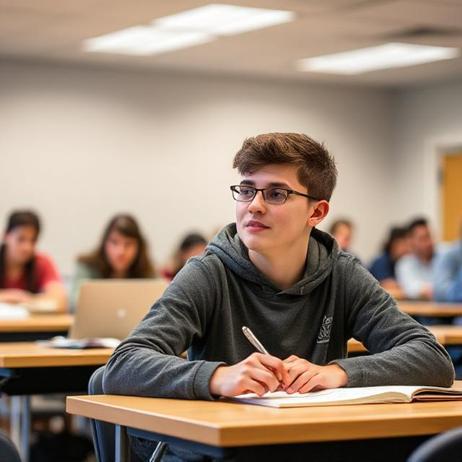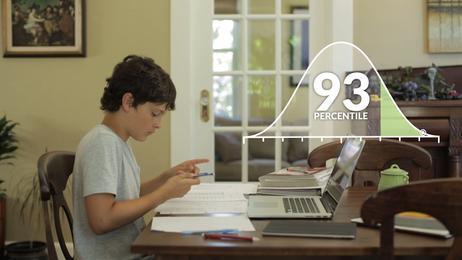How to Start a Private School in 2025: A Complete Guide
Starting a private K–12 school in 2025 requires thoughtful planning, compliance with state laws, strong community insight, and a sustainable operational model. This updated guide reflects the latest regulatory expectations, enrollment trends, tuition insights, and best practices to help founders create a thriving private school that serves families and students effectively.
1. Understand the Role and Value of Private Schools
Private schools play a unique role in the U.S. education landscape. Unlike public schools, private schools are funded primarily by tuition, donations, and fundraising rather than government tax dollars. In 2025, about 9–10% of U.S. students attend private schools, equating to roughly 4.6 million learners nationwide. Private schools often offer smaller class sizes, specialized programs, mission-driven curricula, and unique educational environments that families seek as alternatives to public schooling.Public School Review+1
Private schools vary widely in focus, from faith-based missions to secular independent schools with rigorous academics. Most families choose private education for personalized attention, strong community expectations, and specific pedagogical approaches.
2. Legal Requirements and State Regulations
Know Your Regulatory Landscape
Private schools in the U.S. are regulated primarily at the state and local level. The U.S. The Department of Education does not require federal permission to open a private school, but state departments of education and local authorities set the requirements for registration, reporting, health and safety inspection, teacher qualifications, and compulsory attendance compliance.
State



















